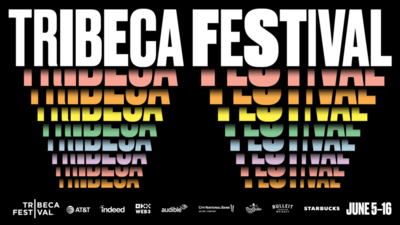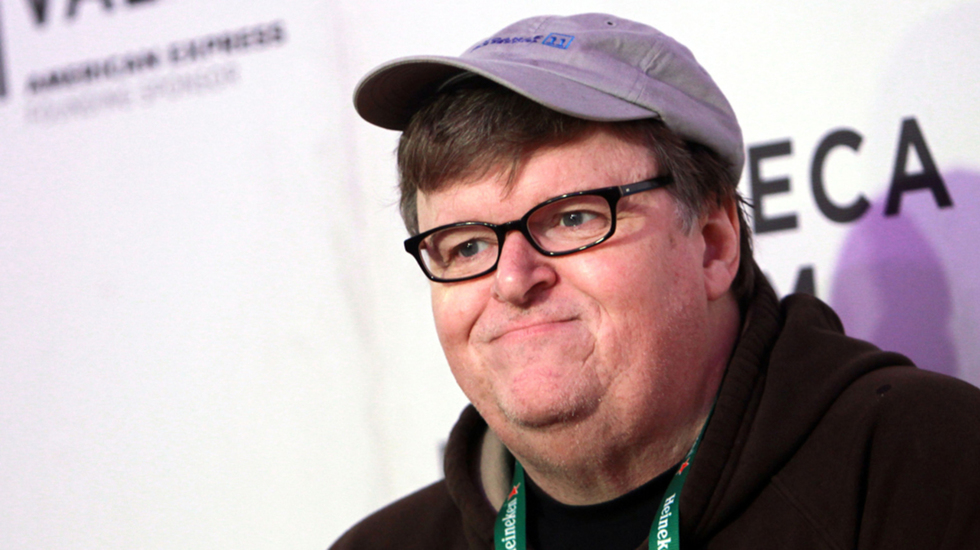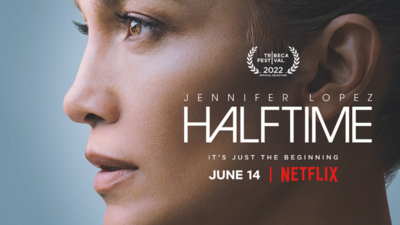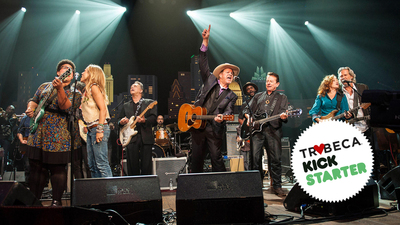
BY ZACHARY WIGON |
Racking Focus: Michael Moore and Documentary Cinema
Michael Moore's comments on docs at TIFF have riled doc filmmakers - but does he have a point?

At a keynote speech at the recent Toronto Film Festival, Michael Moore ruffled some feathers when he told documentary filmmakers that they need to make films that feel less like lectures and more like movies, essentially. The advice makes sense, coming from a filmmaker whose work clearly succeeds at entertaining audiences in addition to enlightening, and perhaps it comes at an appropriate time: not too long ago, Filmmaker Magazine had a blog post indicating that the IRS considers documentary filmmaking to be a hobby, not a profession, because it's so uncommon to actually produce an income doing it.
If these socially conscious filmmakers aren't interested in making work that is more conventionally cinematic, perhaps there are other ways for socially-conscious works of art to engage a broad audience.
What Moore is responding to is a trend in documentary filmmaking - a certain strain that covers some, but not all, of the field - that turns documentaries into, essentially, visual works of journalism. Quite often, when watching a doc, one is struck with the sensation that some stock footage and a few talking heads are all that separate the experience from reading an article in the New Yorker - and if that's the case, why not simply make the docs as journalism, since it's so much easier to absorb written information you can take your time with? Well, I think documentary filmmakers are under the impression - entirely reasonable - that in order to create the greatest social impact with their work, they need to make films, not write non-fiction, since the readership in the United States is dramatically decreasing, whereas viewing content is dramatically increasing.
But there isn't much hope in documentary cinema that doesn't engage. But if these socially conscious filmmakers aren't interested in making work that is more conventionally cinematic, perhaps there are other ways for socially-conscious works of art to engage a broad audience. Considering the hybrid terrain between docs and journalism, one wonders if, in the future, a hybrid sort of art form could emerge with doc viewings on VOD platforms. Since such docs aren't typically the most cinematic works anyway, one imagines that not all that much would be lost be viewing such films on one's laptop, and an added advantage could come into play - perhaps journo-docs, as we might call them, could feature links to various articles, essays, and interviews throughout their running time, with a sort of "works cited" list of links at the end? This way, viewers can entertain themselves with clicking around to various media sources that address the issue the doc is aiming to call attention to.
Considering the hybrid terrain between docs and journalism, one wonders if, in the future, a hybrid sort of art form could emerge with doc viewings on VOD platforms.
After all, with journo-docs, the goal is often raising awareness of a specific issue in the world - if the film does that, in one guise or another, the filmmaker, I imagine, will feel rather content. In this way, a myriad of sources of media commenting on the issue can be viewed, and viewers can be stimulated by multiple works of film, journalism, and TV, as opposed to just focusing on one doc that may, at times, feel plodding or like a lecture. Acknowledging that there are many different ways to learn about an issue may allow journo-docs to reach a wider sphere of viewership.

